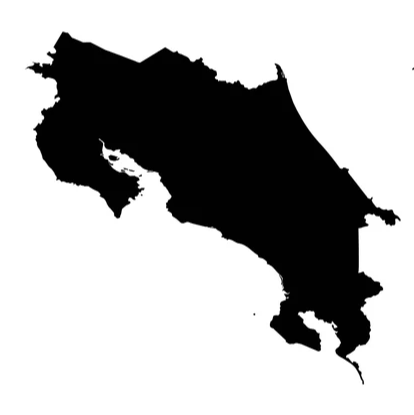
In response to the alarming surge of dengue cases, the Costa Rican Ministry of Health officially extended a request for interinstitutional collaboration to the Costa Rican Red Cross on 11 October. This move comes after discussions that began in late September to explore opportunities for cooperation in addressing the ongoing preventive health alert for dengue.
Dengue, the prevalent arbovirus in the Region of the Americas, has been the cause of cyclic outbreaks every 3 to 5 years. In a concerning development for 2023, Costa Rica, Guatemala, Honduras, and Nicaragua have simultaneously reported the circulation of all four dengue virus serotypes (DENV1, DENV2, DENV3, and DENV4).
The increase in dengue cases in Costa Rica has raised concerns among health authorities, largely attributed to the expanding mosquito population. Contributing factors include favorable weather conditions characterized by warmth and humidity, as well as the proliferation of mosquito breeding sites. This escalation in dengue cases became apparent in late August 2023, leading to the Ministry of Health declaring a nationwide preventive health alert for dengue on 6 September 2023.
As of the 39th epidemiological week ending on 30 September 2023, a total of 14,403 dengue cases have been officially reported in the country. This marks a significant 62% increase compared to the 5,475 cases reported during the same period in 2022. In response to this surge, the Ministry of Health has called for a nationwide alliance to combat dengue and implemented various strategies to prevent the disease-carrying mosquito's spread. These strategies encompass fumigating residential properties, treating water tanks, and initiating control and mitigation measures.
The collaborative efforts with the Costa Rican Red Cross are primarily focused on conducting activities like public education and awareness campaigns for preventive measures, eliminating mosquito breeding sites, involving volunteers in field applications of larvicides, and providing essential resources such as insecticides to support spraying campaigns. These efforts are concentrated in the provinces of Limón, Puntarenas, Alajuela, and Heredia, which have reported a higher incidence of dengue cases up to the 39th epidemiological week.
It is noteworthy that in 2022, a total of 2,811,433 dengue cases were reported between epidemiological week 1 and week 52, making it the third-highest year in terms of total dengue cases reported within a year, according to the Pan American Health Organization (PAHO).
In 2023, up to epidemiological week 35 ending on 2 September, the Region of the Americas reported 3,407,921 dengue cases, with a cumulative incidence rate of 343 cases per 100,000 population. Within the Central American Isthmus and Mexico, a total of 226,183 dengue cases were reported for the same period, with a cumulative incidence rate of 123.6 cases per 100,000 population. Notably, 11.5% of these cases were laboratory confirmed, and 0.26% were classified as severe dengue. The highest cumulative incidence rates were reported in Nicaragua, Belize, Panama, and Honduras.
 g the same period in 2022 (3).
g the same period in 2022 (3).












 345,285
345,285  Affected Persons
Affected Persons














